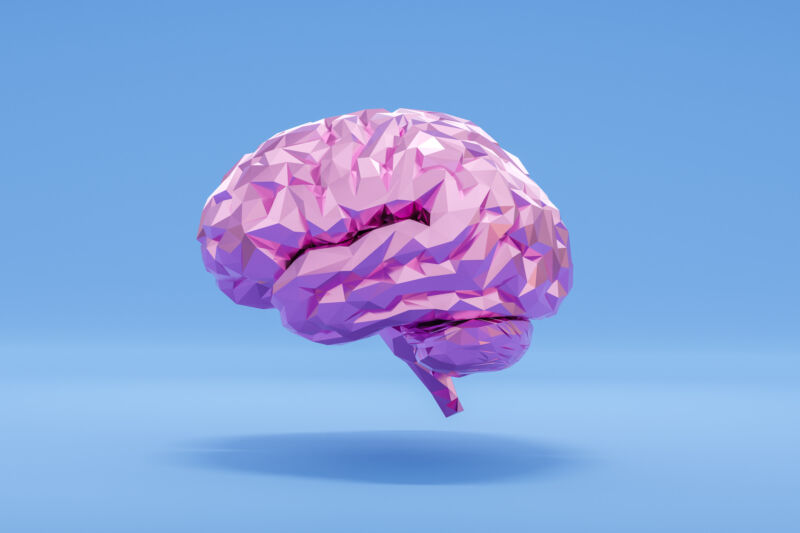-
chevron_right
Experts warn GPs on prescribing antipsychotic drugs for dementia
news.movim.eu / TheGuardian · Yesterday - 22:30
Use of powerful medications linked to elevated risk of serious adverse outcomes including heart failure
Doctors are being urged to reduce prescribing of antipsychotic drugs to dementia patients after the largest study of its kind found they were linked to more harmful side-effects than previously thought.
The powerful medications are widely prescribed for behavioural and psychological symptoms of dementia such as apathy, depression, aggression, anxiety, irritability, delirium and psychosis. Tens of thousands of dementia patients in England are prescribed them every year.
Continue reading...

